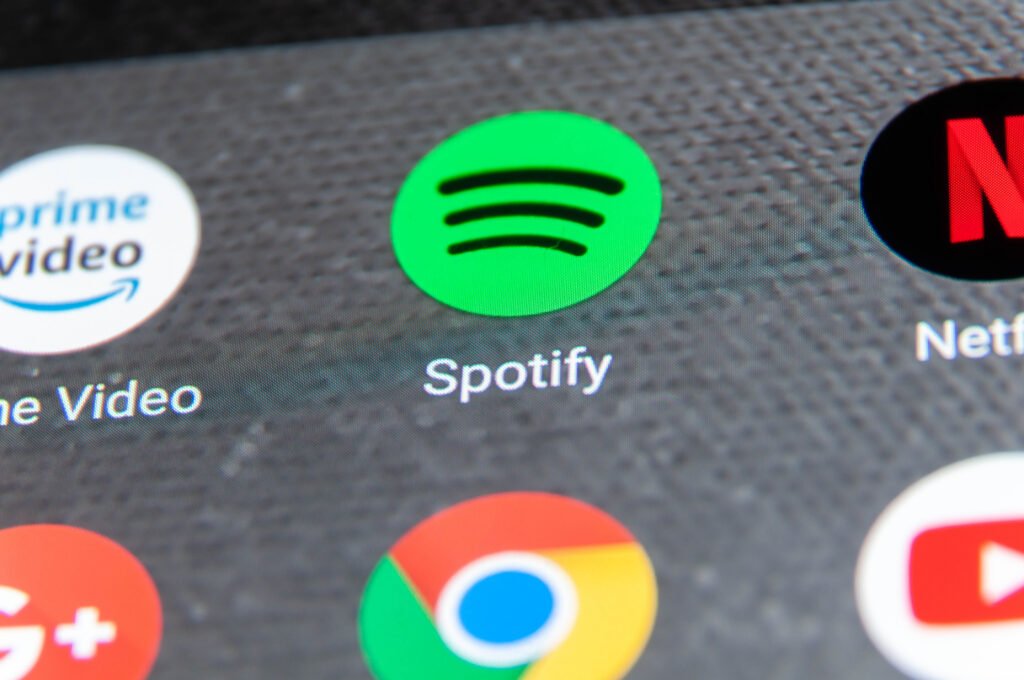That Costco membership card is a license to overspend disguised as savings. You went for toilet paper, left with a kayak, 47 pounds of cheese, and a new TV. The warehouse store convinced you that buying more saves money, but your garage full of expired bulk goods suggests otherwise.
The membership fee psychology is brilliant. Already paid $60-120 to shop there, better make it worthwhile. Every trip needs to justify the membership. You’re shopping to validate a sunk cost, not fulfill needs.
The false economy of sample grazing
Free samples feel like savings, but they’re marketing. You taste, you buy. That artichoke dip sample just cost you $12 for a container you’ll never finish. Free samples are the most expensive free food.
Bulk produce is composting with extra steps
Those three pounds of spinach for $5 seemed smart. You ate half a pound, the rest liquified in your crisper. You’re buying vegetables for your garbage disposal. The savings spoiled.
The Kirkland brand cult is real
Store brand loyalty that rivals Apple. That Kirkland vodka might be Grey Goose, but you don’t need a gallon of it. You’re buying based on brand rumors, not consumption reality.
Pantry overflow is hoarding with better PR
48 cans of beans, 10 pounds of rice, 144 rolls of toilet paper. Your pantry is a doomsday prepper’s dream. There’s such a thing as too much.
The non-grocery item temptation is bankruptcy in bulk
TVs, furniture, kayaks, jewelry–Costco sells everything and you’re psychologically primed to buy when you walk through the door. That membership makes everything feel like a deal. But you actually don’t need a commercial pizza oven.
The two-person household buying for twelve
You’re a couple buying like you’re feeding a summer camp. Those institutional-size condiments expire before you use 20%. You’re shopping for the family you don’t have.
Gas station psychology drives visits
Save 10 cents per gallon with membership! Drive 20 minutes out of your way, wait in line, save $2 on gas, spend $200 inside. The gas savings is a loss leader for warehouse wandering.
The freezer space limitation is ignored
Bought 10 pounds of frozen shrimp with nowhere to store it. Now you need a chest freezer. That $200 freezer for $50 of shrimp. The storage cost exceeds the savings.
Food waste math is never calculated
Buying in bulk assumes you’ll consume it all. You won’t. That 50% savings becomes 100% waste when half expires. The actual cost per consumed unit is higher than regular shopping.
The couple shopping dynamic is dangerous. Both partners grabbing deals, not coordinating, doubling purchases. You leave with two of everything, needing neither. Costco turns shopping into competitive gathering.
Executive membership upsell is premium overspending
Pay double for 2% back! You need to spend $3,000 annually to break even. That’s forcing yourself to overspend for rewards. The cashback becomes spending motivation.
The ‘it’s a good deal’ justification for non-needs
That outdoor furniture set is 40% off! You don’t have outdoor space. But it’s such a good deal. You’re buying discounts, not products. The savings on things you don’t need isn’t savings.
Weekend Costco= Hunger Games with shopping carts
Fighting for parking, navigating crowds, waiting in biblical checkout lines. Three hours of your weekend to save $20. Your time has value that Costco doesn’t calculate.
The reality
Costco makes money on memberships and volume. They need you to overbuy. The bulk savings only work if you actually consume everything, have storage space, and resist non-grocery temptation.
For most people, regular grocery shopping with a list costs less than Costco wandering. That membership fee plus gas plus impulse buys plus food waste equals higher costs disguised as savings. The warehouse store is warehousing your money, not saving it. Shop normally, buy what you need, skip the membership mythology.










